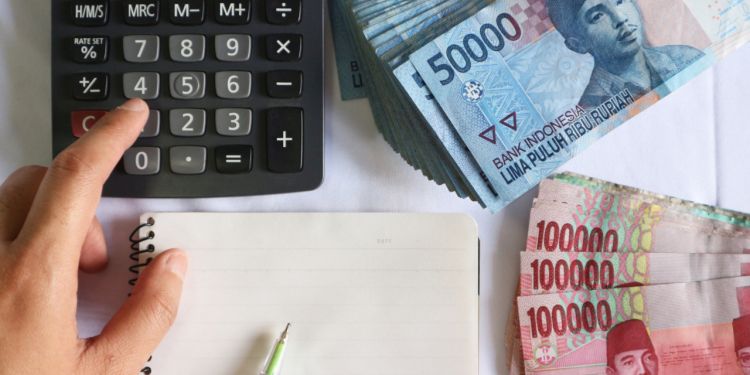Indonesia Proposes Cryptocurrency Taxation on Capital Gains
Indonesia is moving toward implementing a cryptocurrency tax on capital gains generated from crypto trades. The proposal, still under discussion, signals the government’s increasing focus on regulating and taxing the burgeoning cryptocurrency market.
The Proposal: Taxing Crypto Capital Gains
Nelimaldrin Noor, spokesperson for the Indonesian Directorate General of Taxes, stated that profits or capital gains from cryptocurrency transactions should be subject to income tax. Noor urged Indonesian taxpayers who earn from crypto trades to report their gains and pay applicable taxes.
However, the new tax scheme has not yet been finalized or implemented.
Role of Bappebti in Crypto Regulation
The Indonesia Commodity Futures Trade Regulatory Agency (Bappebti) is also exploring taxation for cryptocurrency transactions. Key considerations include:
-
Tax Deduction by Exchanges:
- The proposal suggests automatic tax deductions on transactions conducted through 13 regulated crypto exchanges operating under Bappebti.
-
Tax Rate Pending:
- Officials have not yet determined the actual tax rate for cryptocurrency gains.
This proposed tax scheme follows years of regulatory developments, including a blanket ban on cryptocurrency payments by Indonesia’s Central Bank in 2017.
Comparisons with Global Crypto Taxation
Indonesia’s move to tax cryptocurrency aligns with similar actions taken by other jurisdictions:
- Russia: Planning to regulate and tax cryptocurrencies, including penalties for non-compliance.
- Turkey: Recently introduced bans on cryptocurrency payments while exploring broader regulations.
These measures reflect a global trend of governments seeking to balance innovation with financial oversight.
Implications for Crypto Traders
If implemented, the tax scheme could impact Indonesia’s cryptocurrency market in several ways:
-
Increased Transparency:
- Tax reporting requirements may encourage traders to engage with regulated exchanges, fostering market integrity.
-
Compliance Costs:
- Traders and exchanges will need to adapt to new tax compliance mechanisms, potentially increasing operational costs.
-
Market Dynamics:
- Higher costs due to taxation might affect trading volumes and investor behavior.
Challenges Ahead
The success of Indonesia’s proposed cryptocurrency tax will depend on addressing key challenges:
-
Defining Clear Guidelines:
- Comprehensive regulations are needed to ensure clarity for traders and exchanges.
-
Avoiding Market Disruption:
- Balancing taxation with market growth is crucial to avoid stifling innovation and investor interest.
-
Public Awareness:
- Educating taxpayers about their obligations will be vital for ensuring compliance.
Conclusion
The Indonesia cryptocurrency tax proposal marks a significant step in the government’s efforts to regulate the growing digital asset market. By focusing on capital gains taxation and involving regulated exchanges, Indonesia aims to bring greater oversight and legitimacy to crypto trading.
As the discussion progresses, the outcome will likely shape the future of cryptocurrency adoption and investment in Indonesia, aligning the country with global trends in digital asset regulation.
To learn more about the evolving landscape of cryptocurrency regulations worldwide, explore our article on crypto tax developments. Stay informed about the policies shaping the future of digital assets.
Disclaimer: The information provided is not trading advice, Bitcoinworld.co.in holds no liability for any investments made based on the information provided on this page. We strongly recommend independent research and/or consultation with a qualified professional before making any investment decisions.




